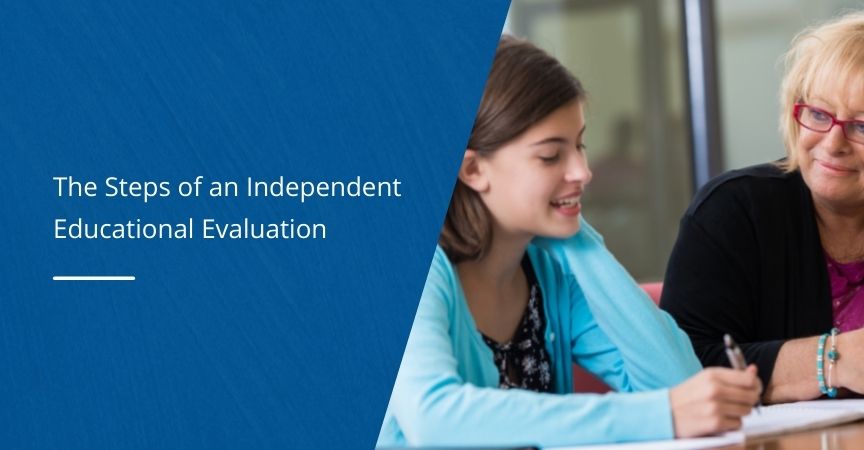Typically, public schools in the United States evaluate a student with special needs to determine the best placement and educational plan for providing that student with a free and appropriate education (FAPE).
Sometimes, however, parents disagree with the school’s evaluation of their child. When this happens, parents may be entitled to request an Independent Educational Evaluation, an IEE. This is an independent evaluation of the student with special needs that is conducted by a neutral third-party assessor not affiliated with the school district. A school does not necessarily have to adopt the results of IEEs, but it does have to consider them, and the evaluation does go on a student’s permanent record.
The Individuals with Disabilities in Education Act (IDEA) legally gives parents the right to request that the school district fund the IEE. Schools in the US are also legally required to provide information on how parents can obtain an IEE.
Even so, the process can feel overwhelming for many. The following is a simplified breakdown of the steps involved in requesting and obtaining an IEE at public expense.
1. Submit a written request for an IEE.
The letter, which will be sent to the IEP team or school administrator, should state that you disagree with the school district’s assessment of your child and that you are requesting an IEE at public expense (meaning the school district funds it).
Keep a copy of this letter for yourself. In the event you have to pursue further legal action, it could count as evidence that you complied with the IEE request process.
2. The district must respond to the parents’ request without unnecessary delay.
Federal law states that schools must, upon receiving a written request, either fund the IEE or, if the district disagrees with the request, file for due process to defend their assessment without unnecessary delay.
The law does not define “unnecessary delay” but courts have interpreted this and stated parents waiting more than 90 days was unnecessary.
3. If the request is accepted, find a qualified assessor for the evaluation.
School districts may provide you with a list of qualified assessors in your area. You are not legally obligated to use this list.
Remember that you get only one IEE at public expense for each school district evaluation with which you disagree. It is extremely important to choose an evaluator who meets the criteria for an IEE assessor and who you also feel comfortable working with.
4. Options if the request is rejected.
Legally, the school and/or school district cannot ignore your request or simply say “no.”
If that happens, you can write another letter explaining that the school district has violated your rights under 34 C.F.R. Section 300.502(b) and that you will send a bill and seek reimbursement for the IEE.
If this fails, however, you should file a compliance complaint. In California, this would be with the California Department of Education.
You may also need to consider additional legal assistance in the form of a special education attorney that can help you navigate a process if it becomes overly complex.
The Law Office of Jennifer Chang believes in protecting students’ rights under California laws, and she will fight vigorously on your family’s behalf. Jennifer Chang has offices in California in Los Angeles, Buena Park, and San Jose.
Please reach out to her today online or call (323) 931-5270 to discuss your case.
